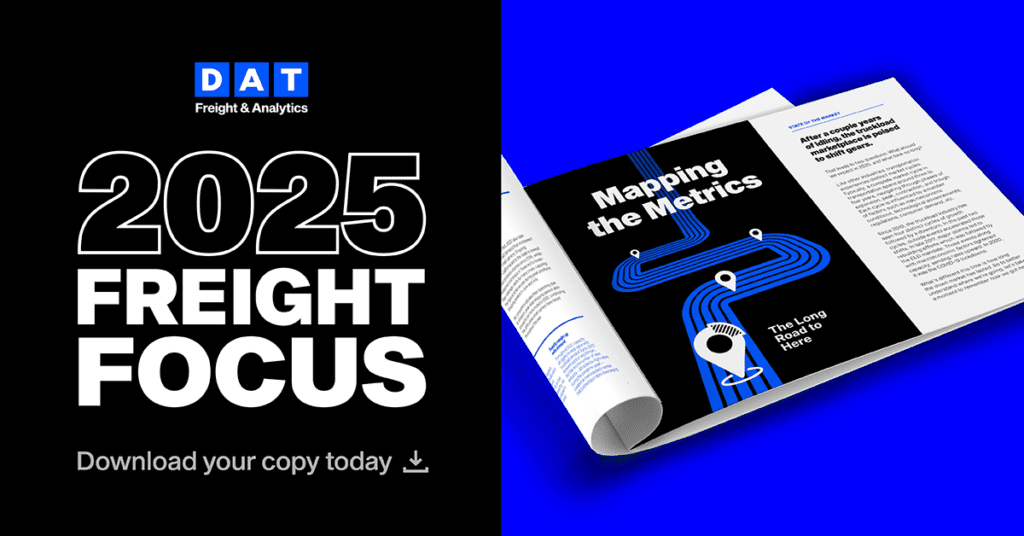We recently asked Keypoint customers for thoughts about the transportation bill known as MAP-21 and how you plan to respond to it. The bill requires that brokers and freight forwarders obtain a surety bond or trust fund of $75,000 to retain brokerage authority. Here are the high points of your feedback along with some commentary.
- Were you aware that after October 1, 2013, brokers and freight forwarders will be required to obtain a surety bond or trust fund of $75,000 to retain their brokerage authority?
All respondents were aware of MAP-21. That’s not surprising, based on the amount of press and other coverage MAP-21 has received. But from conversations with Keypoint users, it’s clear many have questions about cost, implementation and enforcement of the requirement.
- Does your company currently have a surety bond or trust fund of $75,000 or greater?
Of the respondents, 37.5% already have a surety bond or trust fund of $75,000 and 62.5% do not. With only two months remaining to the deadline, these numbers may indicate a “wait-and-see attitude” on the part of many brokers. Larger brokers and especially those with agents may resolve this issue early to provide assurance to users—or they may already have the larger bond amount in place.The FMSCA does not yet have a way for brokers to report they’ve complied with the higher bond amount. A staff member at FMCSA said that the Licensing and Insurance Division expects to announce plans for collecting and reporting the higher bond amounts by the end of August.
- How are you planning to fulfill the requirement for a $75,000 or greater surety bond or trust fund?
Of the respondents, 68.97% plan to fulfill the requirement with a surety bond and 20.69% with a trust fund. Another 10.34% are undecided. The high percentage planning to use a surety bond confirms the appeal of an annual cost rather than a significant up-front investment, especially for smaller brokers.
- To what extent do you agree with this statement: “The new bond requirement is a good thing for the industry.”
Of the respondents, 43.75% strongly agree, 15.63% somewhat agree, and 12.50% are neutral. Another 12.50% disagree and 15.63% strongly disagree. The results here show how contentious MAP-21 is. Many blogs and articles have been written on MAP-21, with wide-ranging opinions on motivations and consequences.Larger brokers will be able to absorb the cost of compliance relatively easily. And brokers who operated properly on a $10,000 bond will obtain a $75,000 bond to continue legal operations, but perhaps not until forced to by reporting and enforcement processes and/or market forces.
These survey results and commentary should give you some indication of how others are reacting to MAP-21. One thing is for certain: Whether you like it, hate it, have dealt with it or not, you are not alone.

